Evangelical schools across Arizona offer educational opportunities for students to learn more about God’s creation from professors and peers. Three universities offer courses that are completely dedicated to the environment: you can take Environmental Studies at one of Wayland Baptist University’s campuses and Environmental Science at either Arizona Christian University (through its partnership with Arizona State University) or Grand Canyon University. A more unique offering can be found at Fuller Theological Seminary, where in pursuit of their doctorate of ministry, students can apply to seminars called cohorts. In its second year, the Christian Spirituality Cohort explores the connection between Christianity and creation by physically exploring the Boundary Waters Canoe Area Wilderness of Minnesota; in its third year, the Holy Spirit Leadership & Ministry Practice Cohort zeroes in on a “pneumatological understanding” of the global environment.
Students also have a wide variety of ways to interact with the environment through the clubs and organizations at Arizona’s faith-based schools. Some of these groups are highly dedicated to making a positive impact on the world around us: the Fuller Sustainability Group at Fuller Theological Seminary — for example — encourages conversation, action, and change on a path towards improved sustainability. There is an acute focus on recognizing that we live and should participate in the world that God lovingly created. Meanwhile, the Environmental Awareness Club at Grand Canyon University had an initial focus on recycling, but has since expanded to climate care.
For those who would rather explore the natural world, Arizona Christian University’s Outdoor Adventure Club and Grand Canyon University’s Lopes Outdoors make sure to get their members out into nature. And for those with more particular interests, Grand Canyon University’s Trap and Release club is dedicated to spaying, neutering, feeding and vaccinating the local cat population, while the Wayland Baptist University Geological Society engages in field trips and service projects.
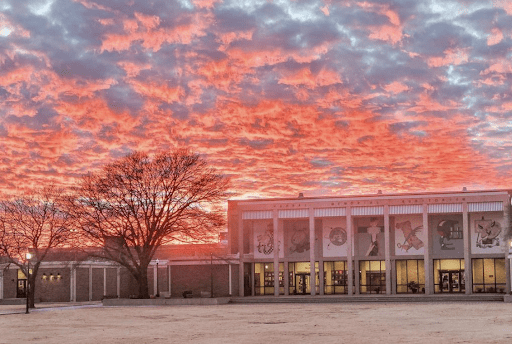
While student-led groups are taking environmental stewardship into their own hands, the Christian colleges and universities that they attend are also taking up the mantle in their institutional decisions and campus practices. For five of them – Arizona Christian University, Fuller Theological Seminary, Phoenix Seminary, Southwestern Assemblies of God University (SAGU) Western, and Wayland Baptist University – it starts directly with their mission statements and core values, prioritizing stewardship of God’s gifts or sustainable use of resources.
Fuller Theological Missionary’s dedication in particular has been around for some time, with a “Mission Beyond the Mission” adopted in 1983 dedicated to constant care for the environment: “we must not neglect stewardship in our own lives or in the life of our institution.” Phoenix Seminary perhaps has the most in-depth plan. Their Comprehensive Assessment Plan for 2019-2021 sets a goal to “ensure the effective stewardship of all campus facilities and grounds” by making “environmental sustainability a guiding principle” and maintaining an ongoing conversation about sustainability. And Wayland Baptist University dives deepest into what creation care actually is, with whole website pages dedicated to the biblical foundations for Christian environmental stewardship and Creation Care in general.
Grand Canyon University operates a series of different blog sites, touching on issues like environmental justice, how to lead a sustainable company, and how environmental responsibility ties into being a Christian; Ottawa University also operates an online blog and dedicated a post in November to gratefulness in the wake of environmental and other plights.
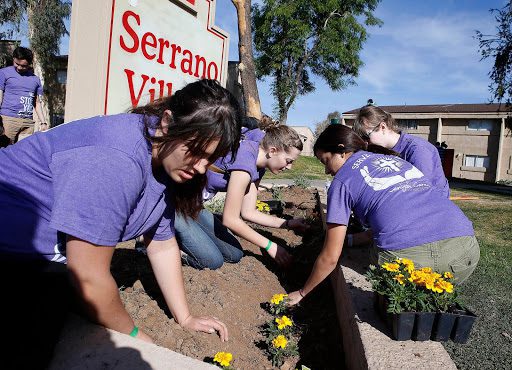
Such aspirational words have found their physical forms in facilities at a couple of faith-based schools: Grand Canyon University is home to an Institute for Environmental Sustainability that launches projects to solve environmental problems. Meanwhile, Wayland Baptist University operates the Cloudcroft Field Station in New Mexico, between the Arizona satellite campuses and the main Texas campus, that can be used to study plant and animal life.
These institutions of higher learning also actively maintain initiatives to protect and improve the environment; two dedicate an entire week to progress toward a sustainable future. Arizona Christian University’s Good Citizens Week encourages students to participate in activities like picking up garbage and recycling. Grand Canyon University’s Green Week features a sustainability market and green seminars, and it usually promotes initiatives ranging from campus recycling awareness to reducing plastic in the oceans. In one such instance, the 2019 Save Tommy Instagram contest promoted eco-friendly activities to keep turtles like “Tommy” safe. Rachel Christy, Director of Sustainability for the Associated Students of Grand Canyon University, was actively involved in Green Week this year, and she explains, “It’s not only important for Christians to take care of the earth but it’s our job. There is this narrative that we don’t have to do anything; God just gave it to us. It’s quite the opposite. God gave us this gift. We are supposed to foster it and foster it well. We’ve sort of let that go.”
Others maintain ongoing initiatives geared toward these same ends — Ottawa University’s Residence Hall Association runs a “Green Imitative” on their campus in Surprise, which helps students improve the sustainability of their living quarters.
Both general and specific eco-friendly initiatives maintain large presences at these schools. For those that prefer specifications in their clean energy efforts, energy innovation is one of the more popular focuses, with three schools especially dedicated to it. In solar power, Grand Canyon University has been a major player on the education front, visible in student capstone projects like a Solar-Powered Charging Station in 2019 and in a Summer Institute camp for high school students implementing solar ovens and voltage. Ottawa University is more heavily involved in solar infrastructure, with four solar light towers installed on the Surprise campus. Beyond solar, Grand Canyon University operates a Smart Urban Fabrics (SMURF) program to “connect various pieces of equipment to learn about the impact and trends of diverse factors and technologies on the surrounding urban fabric,” while Ottawa University also uses LED lighting for its athletic field in Surprise.
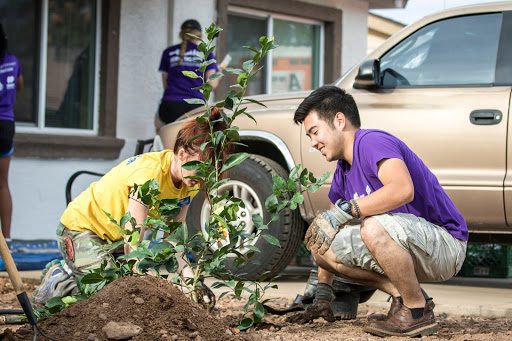
Recycling is another hot topic, with two especially active schools — Grand Canyon University and Wayland Baptist University — where recycling information is available at the main office of every campus.
In their own way, each of these faith-based schools is contributing to a healthier and more sustainable world.

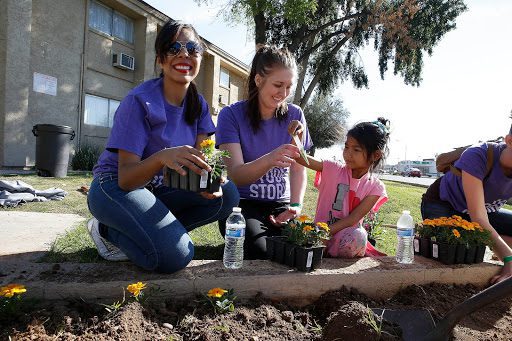

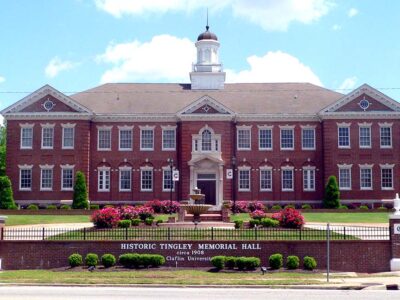
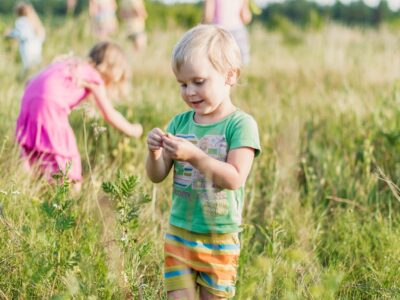
 Copyright
2024
Root and Vine
Copyright
2024
Root and Vine